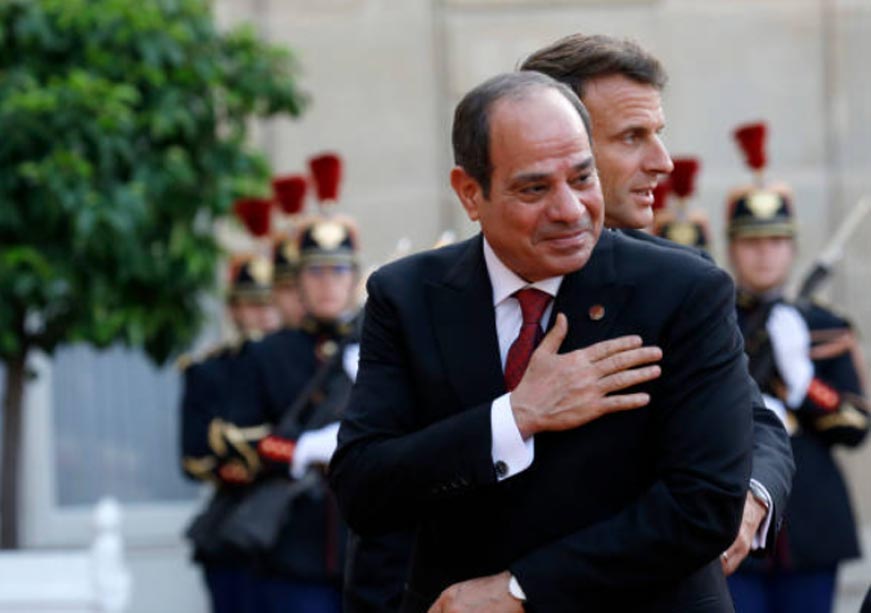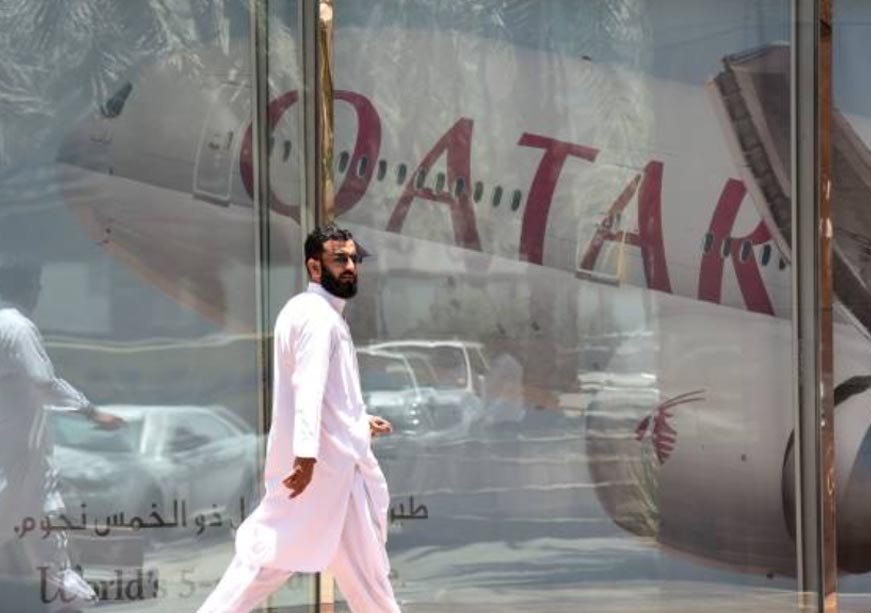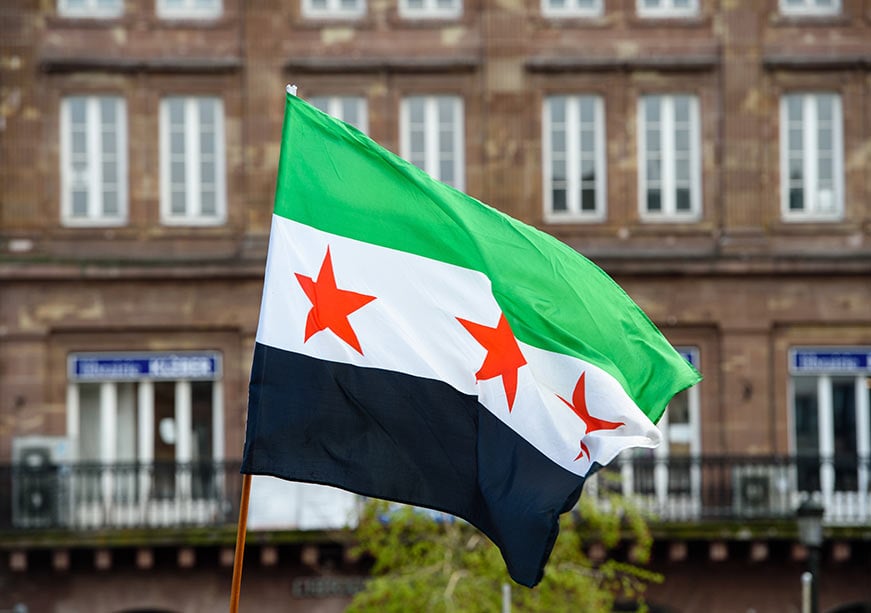The Mediterranean Sea: a small maritime space on a global scale, but one that holds significant geostrategic and geoeconomic importance. This semi-enclosed sea, located at the intersection of multiple commercial routes from the Indo-Pacific to the Atlantic, represents less than 1/100th of the world’s ocean surface, but accounts for more than a quarter of global maritime traffic and around 1/3rd of maritime hydrocarbon transport. It is home to multiple inter-regional trade hubs, with more than “450 ports and terminals” on its shores.
The Mediterranean region also carries a significant demographic weight. Its basin is home to 400 million people from more than 200 countries across three continents: Africa, Asia, and Europe. On the Southern shore of the Mediterranean, Egypt is the most populous country, with more than 116 million citizens. On the Northern shore, France, with more than 68 million. is among the states with the highest populations and ranks first out of the Mediterranean member states of the European Union (EU The two countries jointly make up 46 percent of the region’s demographic weight.
Trade and connectivity through the Mediterranean constitute an integral part of both Egypt’s and France’s regional and international commercial exchanges. This reality is reflected by the two states’ maritime presence and infrastructures. France’s main port, “Marseille Fos”, connects the European hinterland to the Mediterranean Sea. This French multimodal port, “positioned as Europe’s southern gateway”, is equipped with land, sea, river, energy and digital connectivity infrastructures. Located along the Southern shore of the same basin, the main Egyptian ports linking the Mediterranean to the African continent are Alexandria, Port Said, and Damietta. Besides its key maritime trade and logistics hubs, Egypt has a unique strategic commercial importance: the Suez Canal. The latter allows cargo passage from the Mediterranean to the Red Sea and provides “the shortest maritime route from Europe to Asia”, with an annual vessel traffic exceeding 20,000 ships.
Paris-Cairo – converging interests, views and strategies for stability and peace in the wider region
As maritime powers with significant economic stakes in the Mediterranean, both France and Egypt are affected by escalating tensions in the wider region, disrupting trade routes and supply chains and, in turn, impeding commercial exchanges. Consequently, both states seek stability in the Mediterranean and their strategies to restore and sustain it align significantly. However, the aspired stability is highly dependent on how power dynamics develop and unfold in the Middle East, a gateway between Southern Europe, North Africa and the Indo-Pacific. In this context, a stable regional actor with strategic stakes both in the Mediterranean and the Middle East, and one that is willing and capable of engaging in mediation efforts, has a unique potential to play the role of a multi-regional force for equilibrium.
Paris sees Cairo as a potential partner. As H.E. Éric Chevallier, Ambassador of France to Egypt stated “France is deeply committed to the stability and prosperity of Egypt, which are so important for the Arab world, for Africa, and for our shared Mediterranean region […] Because our two voices carry weight, we can unite them to address global challenges[1]”. In line with this view, the Egyptian leadership portrayed the French President Emmanual Macron’s visit to Egypt in April 2025 as a manifestation of “France’s commitment to support Egypt’s strong position as a cornerstone of stability[2]”. On the same occasion, President Macron highlighted that the two countries share a joint agenda for regional stability and are willing to engage in upholding the freedom of navigation in the Red Sea when hindered. This was the case when traffic in the Suez Canal significantly decreased due to the Houthi attacks on cargo vessels. Consistent with France’s declared goal and commitment to support and maintain the fluidity of international maritime exchanges, Paris demonstrated its presence and force in the Suez Canal as it mobilised its military carrier group.
In the prevailing context, Egypt’s unique potential as a trusted and stable partner for France does not only stem from its strategic location as a multi-regional junction point, but also from the role it traditionally plays in the Israeli-Palestinian mediation efforts, specifically regarding Gaza. Taking into account this strategic position, role and potential, a report produced by the French Senate refers to Egypt as “France’s gateway to the Middle East crises”. Regarding the Israeli-Palestinian conflict, Cairo has been historically supporting and advocating for a two-state solution, for instance, under the Amman Group framework[3]. The French and Egyptian views on this political and diplomatic solution strongly converge. Thus, alongside Egypt, Jordan and Germany, France is equally taking part in the Amman Group, as the only Mediterranean Member State of the EU. Furthermore, Paris – in cooperation with Cairo – is not only supporting the idea of a two-state solution and a peaceful conflict resolution but also plays an active role in advancing its realisation. As such, per the 3 December 2024 resolution of the United Nations General Assembly, France will co-chair an international conference on the two-state solution with Saudi Arabia.
France and Egypt are not only strategically aligned in terms of the main criteria of a long-term conflict resolution, but they also share a vision as to a large-scale, multi-regional and multi-modal connectivity project: the India–Middle East–Europe Economic Corridor (IMEC). However, this project can only be fully operationalised “the day after” the Gaza War, once the Israeli-Palestinian conflict de-escalates.
Connectivity for long-term stability and prosperity: Extended IMEC
Due to the Gaza War, the implementation of IMEC is hindered and delayed, as Haifa in Israel, a country that is not a signatory of the project, but located at its pathway, planned to be one of the main connectivity ports of the corridor. An extended IMEC framework, serving as an alternative, might include a connectivity pathway through Egypt. The latter is currently not part of the project. The concept of an ‘IMEC with Egypt’ is strongly promoted by Cairo and supported by Paris. Accordingly, in the framework of a Summit on a “More connected Mediterranean” that took place in June 2025, “France has once again expressed its support for Egypt’s integration into IMEC, to strengthen connectivity between East and West[4]”. Cairo is already actively enhancing its energy connectivity to Europe, for instance, through the GREGY project, a 950-kilometre-long submarine cable between Egypt and Greece. According to the shared French and Egyptian viewpoints, the IMEC scheme as a network project[5] could strongly benefit from Egypt’s strategic location and contribute to the diversification and securitisation of trade routes and supply chains.
Conclusion
Tensions in the Middle East have significant spillover effects on neighbouring regions as they can disrupt existing commercial flows and halt new connectivity projects. The latter was observed with regard to the IMEC’s implementation. The corridor was originally planned to facilitate and channel trade flows between the Indo-Pacific, the Middle East and the Mediterranean through Israel’s Haifa port. However, due to the ongoing war in Gaza, the development of this project segment is halted.
As Mediterranean nations that are strongly integrated in global maritime trade, both Egypt and France have significant economic interests in a stable multi-regional commercial environment. However, their stakes are directly or indirectly hindered by the armed conflict in Gaza. In this context, Egypt, a country located at the intersection of multi-regional trade flows with historic ties to the Middle East and a traditionally strong involvement in the Israeli-Palestinian mediation efforts, plays the role of a key force for equilibrium and a strategic partner for France.
The latter not only recognises Egypt’s unique potential in effective mediation efforts, but it is also aligned with Cairo’s view concerning the two-state solution to put an end to the conflict and establish a lasting peace in the region. Additionally, France supports Egypt’s aspiration to become part of an extended IMEC structure. According to the two countries’ arguments, this extension could allow for the diversification of connectivity pathways between the Middle East and the Mediterranean and secure supply chains.
As a testimony of their shared interests and joint geopolitical and geoeconomic potential in the wider region, France and Egypt have recently elevated their bilateral relations to the level of a strategic partnership. Nonetheless, the effective implementation of the Franco-Egyptian tandem’s projects is strongly conditioned by their acceptance by other dominant regional actors pursuing their strategic agendas.
Eszter Karacsony is an Associate Fellow and Program Lead in Geopolitics at Observer Research Foundation (ORF) Middle East.
[1] Translated to English from French by the author of this article.
[2] Translated to English from French by the author of this article.
[3] Group quadripartite (Egypt, France, Germany, Jordan) created in 2020, committed to support the two-state solution to the Israeli-Palestinian conflict. Source: https://www.diplomatie.gouv.fr/fr/dossiers-pays/egypte/presentation-de-l-egypte/
[4] Translated to English from French by the author of this article.
[5] Interview with the Special Envoy of the French President for IMEC.











